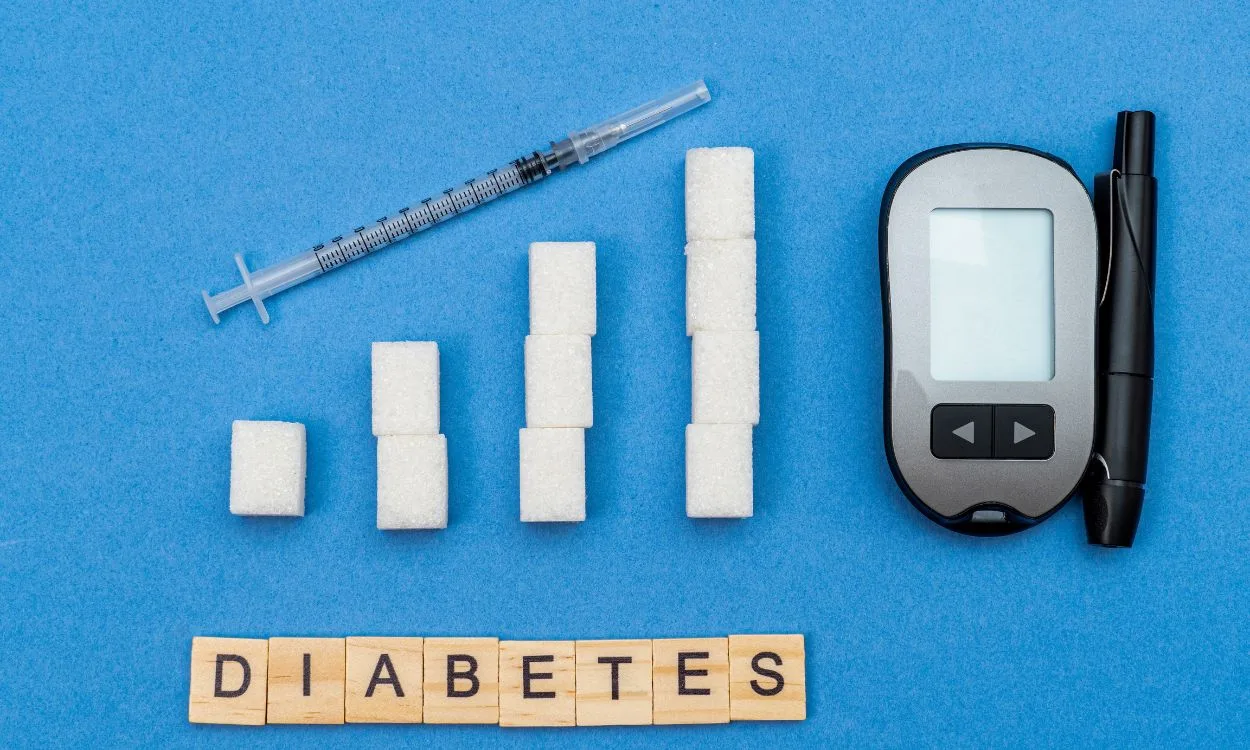Can weight loss improve my insulin sensitivity and reduce the risk of diabetes?
Losing weight can have a significant impact on your overall health, including your insulin sensitivity and the risk of developing diabetes. In this article, we will explore how weight loss affects insulin sensitivity, the link between weight loss and diabetes prevention, and the importance of maintaining a healthy weight.
Understanding Insulin Sensitivity
Insulin sensitivity refers to how well your body responds to insulin, a hormone that regulates blood sugar levels. When you have good insulin sensitivity, your body effectively uses insulin to transport glucose from the bloodstream into the cells, where it can be used for energy. On the other hand, poor insulin sensitivity, also known as insulin resistance, occurs when the cells become less responsive to insulin, leading to elevated blood sugar levels.
The Connection Between Weight Loss and Insulin Sensitivity
Weight loss plays a crucial role in improving insulin sensitivity. Excess body weight, especially excess abdominal fat, is strongly associated with insulin resistance. When you carry excess weight, particularly in the abdominal area, fat cells release inflammatory substances that interfere with the normal functioning of insulin.
By losing weight, you can reduce the amount of fat in your body, including visceral fat stored around the organs. This reduction in fat leads to a decrease in the production of inflammatory substances, allowing insulin to function more efficiently. As a result, your cells become more responsive to insulin, and your blood sugar levels stabilize.
The Impact of Weight Loss on Diabetes Prevention
Maintaining a healthy weight is essential for reducing the risk of developing type 2 diabetes. Weight loss can significantly decrease the chances of developing this chronic condition, especially in individuals who are overweight or obese.
Type 2 diabetes is often closely linked to insulin resistance and obesity. When your body becomes resistant to the effects of insulin, it compensates by producing more insulin. Over time, this can lead to insulin exhaustion and the inability to produce enough insulin to maintain normal blood sugar levels, resulting in diabetes.
By losing weight, you can improve your insulin sensitivity, which in turn reduces the strain on your pancreas and helps prevent the development of diabetes. Weight loss also has other health benefits, such as lowering blood pressure, improving cholesterol levels, and reducing the risk of cardiovascular diseases, all of which are associated with diabetes.
Tips for Successful Weight Loss
If you are looking to improve your insulin sensitivity and reduce the risk of diabetes through weight loss, here are some tips to help you get started:
- Set realistic goals: Aim for gradual weight loss of 1-2 pounds per week to ensure long-term success.
- Adopt a balanced diet: Focus on consuming nutrient-rich foods, including fruits, vegetables, whole grains, lean proteins, and healthy fats. Avoid processed foods, sugary beverages, and excessive amounts of saturated and trans fats.
- Regular physical activity: Incorporate regular exercise into your routine. Engage in a combination of aerobic activities, such as walking or cycling, and strength training exercises to build muscle mass.
- Portion control: Be mindful of portion sizes and practice mindful eating to prevent overeating.
- Stay hydrated: Drink an adequate amount of water throughout the day to support your weight loss efforts and maintain overall health.
- Seek professional guidance: Consider consulting with a registered dietitian or healthcare professional who can provide personalized advice and support on your weight loss journey.
The Fitpaa App: Your Partner in Achieving Weight Loss Goals
If you are looking for a comprehensive solution to help you achieve your weight loss goals and improve your overall health, the Fitpaa app can be your trusted companion. Fitpaa offers personalized fitness plans, nutrition guidance, and real-time support from a team of experts, including fitness coaches, nutritionists, and doctors.
With Fitpaa, you can take a metabolism assessment to identify the root cause of your health condition and receive a personalized Fitpaa Capsule. This capsule combines medical therapy, exercise therapy, nutrition therapy, and cognitive-behavioral therapy to optimize your metabolism and help you achieve your health and fitness goals with a 100 percent guarantee.
The Fitpaa app provides a range of features, including a virtual workout trainer, diet tracker, performance tracking, progress tracking, and real-time guidance. You will also have access to unlimited consultations, daily follow-ups, and weekly reviews from your dedicated Fitness Planner, who will help keep you motivated and on track.
Start your journey towards a healthier life by downloading the Fitpaa app today. Your wellbeing is Fitpaa’s mission, and with their personalized approach, you can achieve your health and fitness goals with guaranteed results.









